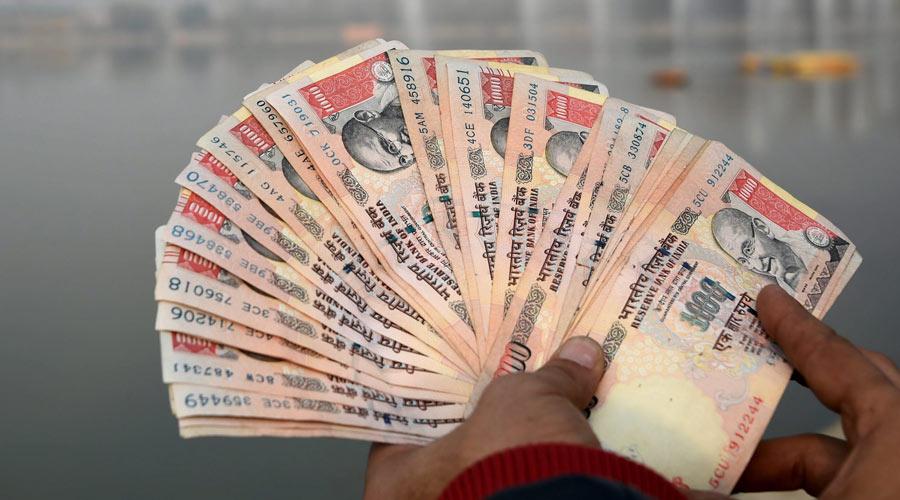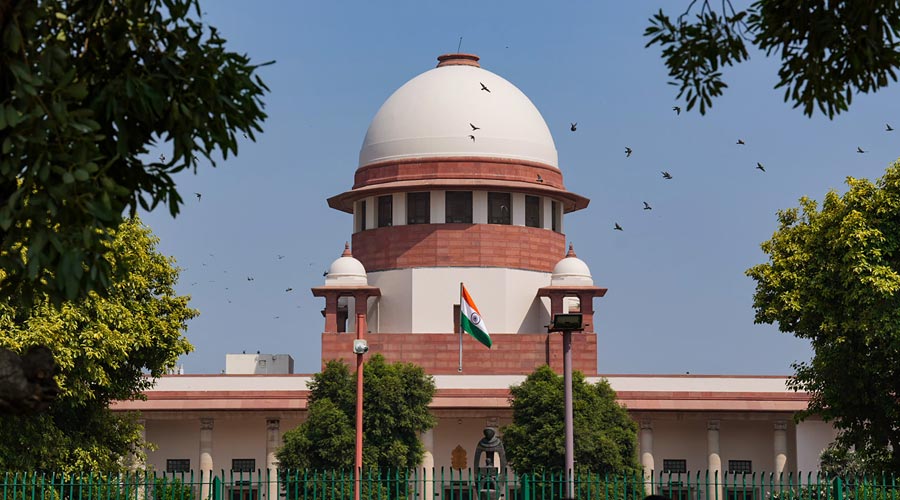- Supreme Court affirms Centre's 2016 demonetisation policy, says 'no flaw in decision-making process': media reports
The Supreme Court is scheduled to pronounce its judgment on Monday on a batch of pleas challenging the government's 2016 decision to demonetise currency notes of Rs 1,000 and Rs 500 denominations.
A five-judge Constitution bench headed by Justice S A Nazeer, who will retire on January 4, is likely to pronounce its verdict on the matter on January 2, when the top court will reopen after its winter break.
According to Monday's cause list of the top court, there will be two separate judgements in the matter, which will be pronounced by Justices B R Gavai and B V Nagarathna. It is not clear whether the two judgements will be concurring or dissenting.
Besides Justices Nazeer, Gavai and Nagarathna, the other members of the five-judge bench are Justices A S Bopanna and V Ramasubramanian.
The top court had, on December 7, directed the Centre and the Reserve Bank of India (RBI) to put on record the relevant records relating to the government's 2016 decision and reserved its verdict.
It heard the arguments of Attorney General R Venkataramani, the RBI's counsel and the petitioners' lawyers, including senior advocates P Chidambaram and Shyam Divan.
Calling the scrapping of the Rs 500 and Rs 1,000 currency notes deeply flawed, Chidambaram had argued that the government cannot on its own initiate any proposal relating to legal tender, which can only be done on the recommendation of the RBI's central board.
Resisting the apex court's attempt to revisit the 2016 demonetisation exercise, the government had said the court cannot decide a matter when no tangible relief can be granted by way of "putting the clock back" and "unscrambling a scrambled egg".
The RBI had earlier admitted in its submissions that there were "temporary hardships" and that those too are an integral part of the nation-building process, but there was a mechanism by which the problems that arose were solved.
In an affidavit, the Centre told the top court recently that the demonetisation exercise was a "well-considered" decision and part of a larger strategy to combat the menace of fake money, terror financing, black money and tax evasion.
The Supreme Court has heard a batch of 58 petitions challenging the demonetisation exercise announced by the Centre on November 8, 2016.
Except for the headline, this story has not been edited by The Telegraph Online staff and has been published from a syndicated feed.












